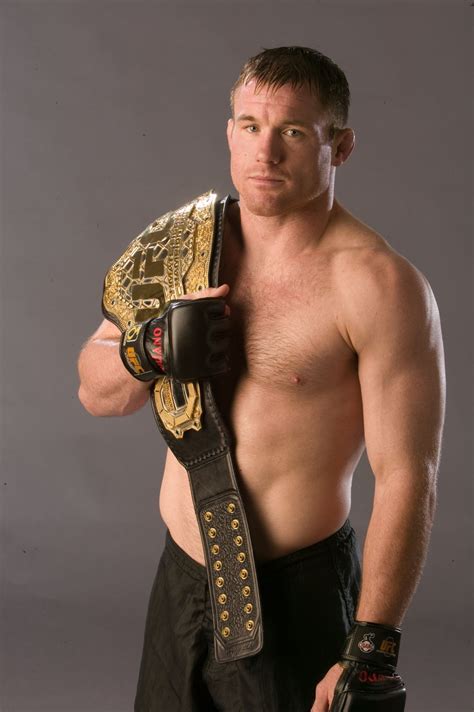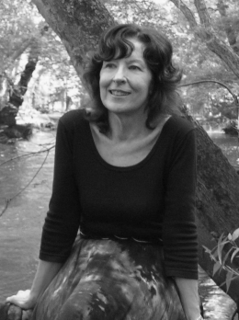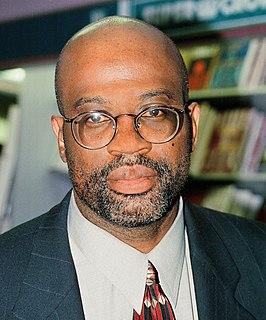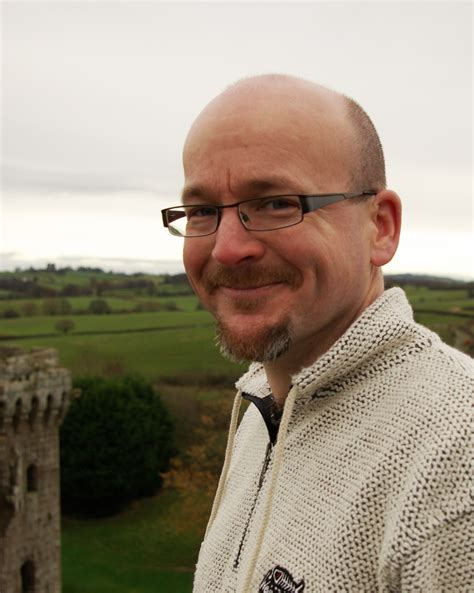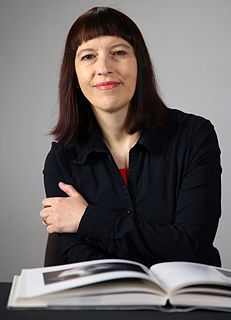A Quote by Jon Weisman
Novelists may be able to seek advice from readers and editors, but in the end, it is up to them to get the book right.
Related Quotes
A reader is entitled to believe what he or she believes is consonant with the facts of the book. It is not unusual that readers take away something that is spiritually at variance from what I myself experienced. That's not to say readers make up the book they want. We all have to agree on the facts. But readers bring their histories and all sets of longings. A book will pluck the strings of those longings differently among different readers.
Without the book business it would be difficult or impossible for true books to find their true readers and without that solitary (and potentially subversive) alone with a book the whole razzmatazz of prizes, banquets, television spectaculars, bestseller lists, even literature courses, editors and authors, are all worthless. Unless a book finds lovers among those solitary readers, it will not live . . . or live for long.
I feel that historical novelists owe it to our readers to try to be as historically accurate as we can with the known facts. Obviously, we have to fill in the blanks. And then in the final analysis, we're drawing upon our own imaginations. But I think that readers need to be able to trust an author.
I was on television a couple of years ago and the reporter asked me, "How does it feel being on mainstream media? It's not often poets get on mainstream media." I said, "Well I think you're the dominant media, the dominant culture, but you're not the mainstream media. The mainstream media is still the high culture of intellectuals: writers, readers, editors, librarians, professors, artists, art critics, poets, novelists, and people who think. They are the mainstream culture, even though you may be the dominant culture."
Actually, I think you have to know that whatever advice you give, they may not take it. The priority should be on keeping the friendship rather than giving the best advice. Your best advice is usually, 'Walk away from him! Tell him you never want to see him again!' But if you are dealing with someone still in love, nothing you say can change their feelings. All you can do is be there for them and pick them up every time they get hurt. Until, that is, they are ready to move on for themselves.
I myself discovered many authors through school reading lists and through school anthologies. The positives are: young readers can find the world opening up to them through books they study. The negatives may include bad experiences kids have - if they don't like the book or the teacher, or the way the book is taught.

